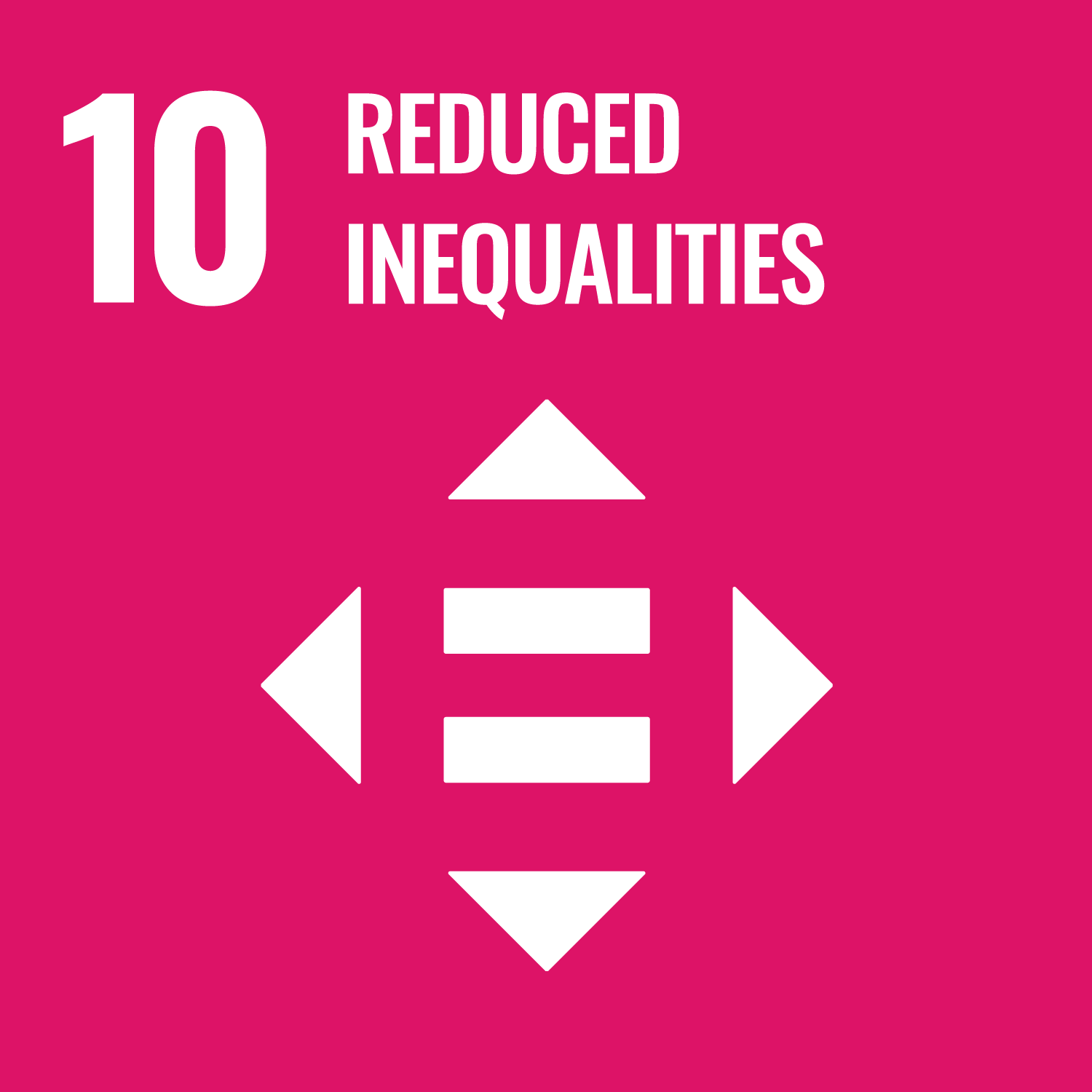Wakefield, D. orcid.org/0000-0002-6811-1255, Ward, T., Edge, H. orcid.org/0009-0002-5926-605X et al. (2 more authors) (2025) Palliative and end-of-life care for patients with pleural mesothelioma: a cohort study. Palliative Medicine, 39 (2). pp. 286-297. ISSN 0269-2163
Abstract
Background: Pleural mesothelioma is a rare and incurable cancer, with complex physical and psychological symptoms. Despite recent advances in treatment, prognosis remains poor (average 8–15 months) with a lack of research on palliative and end-of-life care. Aim: To examine markers suggestive of quality palliative and end-of-life care, including receipt of specialist palliative care, advance care planning, fewer unplanned hospital admissions at end-of-life. To compare variables with socio-economic position to identify if inequalities exist. Design: A cohort study, retrospectively reviewing the medical notes from diagnosis to death for all patients diagnosed with pleural mesothelioma between 01/01/2016 and 31/12/2021. Setting/participants: Over 5 years, n = 181 patients were diagnosed with pleural mesothelioma across Teesside (north-east England), n = 30 were alive at study commencement and excluded. For the 151-patient cohort, demographics were as follows: 92% male, 79% aged 70–89 years and 26% in the lowest socio-economic quintile (based on area-level deprivation). Results: Median survival was 246 days. Within the final 90 days of life, 69% of patients had at least 1 unplanned hospital admission, with 20% having 3+ (range 0–7). Those with the highest socio-economic position had less admissions on average. Specialist palliative care was received by patients, at home 34%, in hospital 26%, in hospice 11%. Do Not Attempt Cardiopulmonary Resuscitation (DNACPR) decisions, were in the final 24 h of life for 18% of patients (median 7 days). Disease specific findings included police attendance for expected deaths and lack of signposting. Conclusion: Patients with pleural mesothelioma have unplanned admissions to hospital towards the end of life, with possible inequalities; they receive late advance care planning and face challenges unique to their disease. It is important that patients receive high quality palliative end-of-life care through accessing specialist palliative care or have guidance/signposting to other potential sources of support.
Metadata
| Item Type: | Article |
|---|---|
| Authors/Creators: |
|
| Copyright, Publisher and Additional Information: | © 2024 The Authors. This is an Open Access article distributed under the terms of the Creative Commons Attribution Licence (https://creativecommons.org/licenses/by/4.0/), which permits unrestricted use, distribution, and reproduction in any medium, provided the original work is properly cited. |
| Keywords: | Mesothelioma; advance care planning; coroner; delivery of healthcare; inequalities; palliative care; pleural neoplasms; socio-economic position |
| Dates: |
|
| Institution: | The University of Sheffield |
| Academic Units: | The University of Sheffield > Faculty of Medicine, Dentistry and Health (Sheffield) > School of Medicine and Population Health The University of Sheffield > Faculty of Medicine, Dentistry and Health (Sheffield) > Health Sciences School (Sheffield) |
| Depositing User: | Symplectic Sheffield |
| Date Deposited: | 17 Jan 2025 12:04 |
| Last Modified: | 03 Feb 2025 09:39 |
| Status: | Published |
| Publisher: | SAGE Publications |
| Refereed: | Yes |
| Identification Number: | 10.1177/02692163241302454 |
| Related URLs: | |
| Sustainable Development Goals: | |
| Open Archives Initiative ID (OAI ID): | oai:eprints.whiterose.ac.uk:221523 |


 CORE (COnnecting REpositories)
CORE (COnnecting REpositories) CORE (COnnecting REpositories)
CORE (COnnecting REpositories)